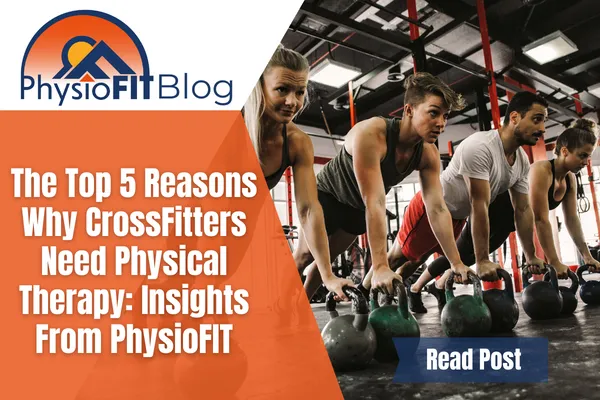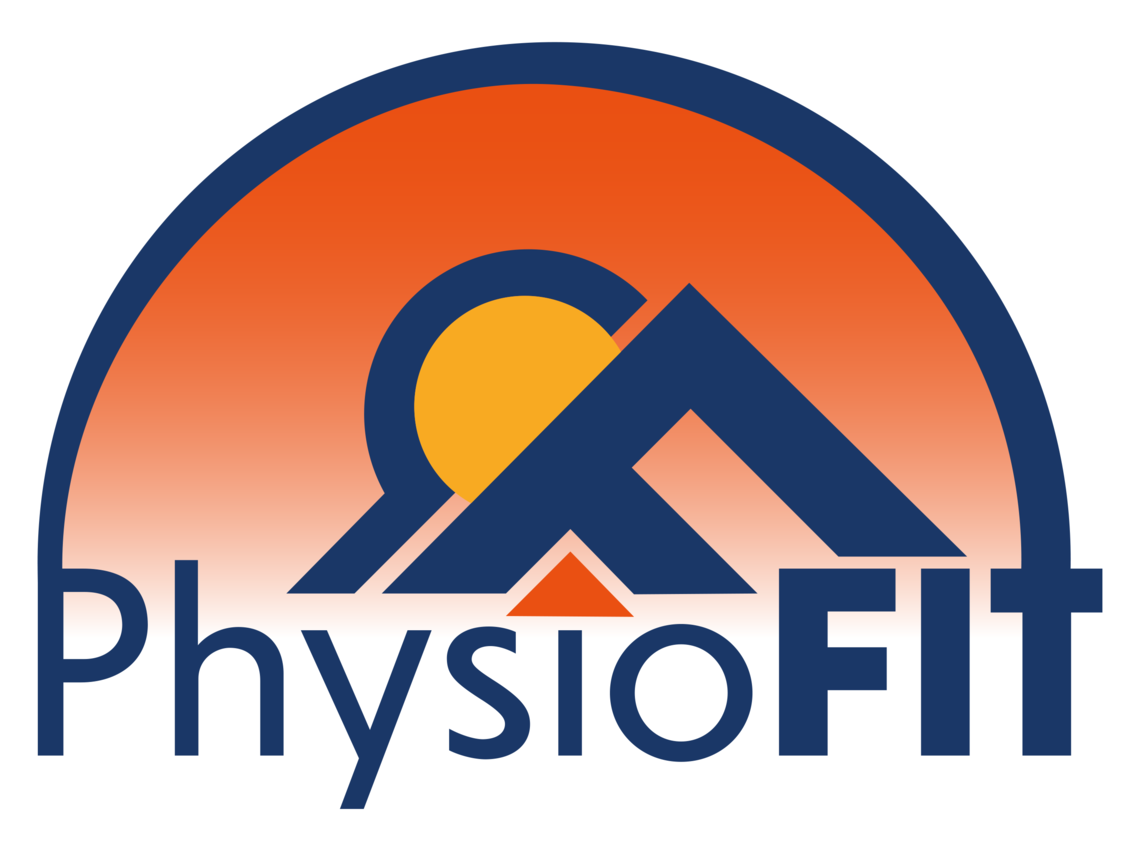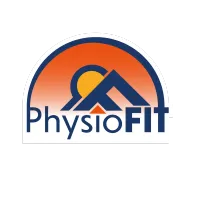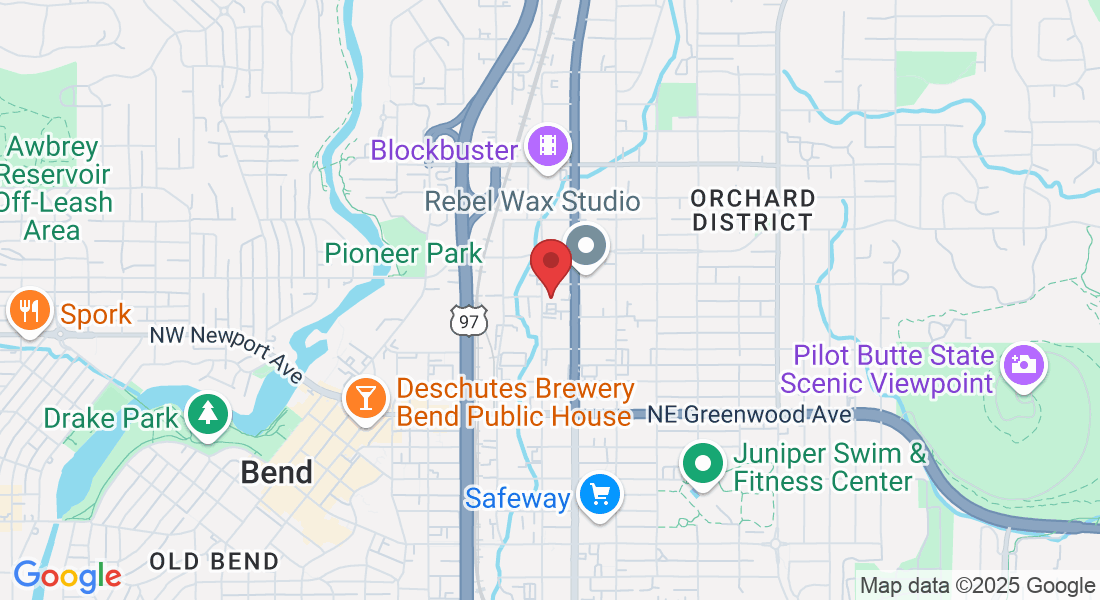Chronic Headache Relief
Free Your Mind From Chronic Headaches
Headaches are an occasional unwelcome guest for many of us, but when they become a frequent visitor, you may be dealing with chronic daily headaches. A broad term that includes various subtypes defined by their frequency and duration. These headaches can be significantly debilitating, but with assertive initial treatment and ongoing management, pain reduction and fewer headaches are achievable. If this strikes a chord with your experience, don't hesitate to schedule an appointment with us.
Discover Unprecedented Relief from Chronic Headaches at PhysioFit: We prioritize personalization in your healthcare journey, acknowledging that individuals with Chronic Headaches necessitate distinct treatment strategies. Utilizing the potency of empirically-supported, fitness-centric physical therapy in bend, we aim to do more than merely alleviate your symptoms. Our mission encompasses the enhancement of your holistic health, prevention of enduring pain, and speeding up your recuperation period, enabling a smooth transition back into your daily routines.
What You Should Know
Migraine headaches can be categorized into two types: episodic and chronic. While chronic migraines happen more than 15 days in a month, episodic ones occur less frequently.
The very medicine you're consuming for headache relief could potentially be causing headaches: Taking pain relievers beyond two days a week, even common ones such as ibuprofen, puts you at risk for what's known as a rebound headache. Similarly, abruptly discontinuing regular pain medication can provoke headaches.
The origin of your headaches may not necessarily be your head: Secondary headaches stem from an underlying health issue, like degenerative disc disease in the spine, sinus infections, or past experiences of head trauma. Although infrequent, persistent headaches and visual disturbances can also be caused by brain tumors.
A proper diagnosis of a TMJ or TMD problem involves a thorough evaluation from a professional.

What Causes Chronic Headaches?
The triggers of numerous chronic daily headaches remain somewhat elusive. Authentic (primary) chronic daily headaches don't present with a detectable root cause.
However, a series of conditions could instigate nonprimary chronic daily headaches, such as:
Vascular Issues: Any inflammation or complications with the blood vessels surrounding or within the brain, including serious events like a stroke, could trigger chronic daily headaches.
Infectious Diseases: Certain infections, notably meningitis, can also result in the manifestation of chronic daily headaches.
Intracranial Pressure Discrepancies: Abnormally high or low pressure within the skull could prompt these types of headaches.
Presence of a Brain Tumor: Brain tumors, whether malignant or benign, could be a potential cause of chronic daily headaches due to the pressure they exert on surrounding brain tissue.
Traumatic Brain Injury: Traumatic events causing injury to the brain can also be a catalyst for chronic daily headaches, as the brain recovers and copes with the trauma.
If any of this information resonates with your current situation, we urge you to schedule an appointment with us immediately. Don't let hip pain diminish your life quality - allow us to help you embark on the path to relief today.
Can Chronic Headaches Be Prevented?
The short answer is yes, chronic headaches can often be prevented, or at least their frequency and intensity can be significantly reduced. The following strategies focus on lifestyle changes and self-care measures which can help you manage and potentially prevent chronic headaches:
Identify Headache Triggers: Proactively documenting each headache in a journal can highlight patterns and triggers, thereby helping you to avoid these. Make sure to record important details like the time the headache started, what you were doing, and how long it lasted.
Cautious Medication Usage: Excessive consumption of headache medications, including over-the-counter ones, can increase the severity and frequency of headaches. It's advisable to consult your doctor for a safe plan to gradually reduce medication use, as abrupt discontinuation can lead to severe side effects.
Quality Sleep: For an average adult, 7-8 hours of sleep a night is essential. Try to maintain a consistent sleep schedule and seek medical advice if you have sleep disturbances, such as snoring.
Regular, Balanced Meals: Aim to eat healthy meals at consistent times daily. Be mindful of potential food and drink triggers like caffeine, and adjust your diet accordingly. Weight loss should be considered if obesity is a concern.
Regular Exercise: Engage in routine aerobic activities to improve your physical and mental well-being and reduce stress. Choose enjoyable activities like walking, swimming, or cycling, and remember to gradually increase the intensity to prevent injury.
Stress Management: Stress can often trigger chronic headaches. Incorporate stress-reducing techniques into your routine such as yoga, tai chi, and meditation. Moreover, staying organized, planning ahead, and maintaining a positive outlook can greatly help in managing stress.
Moderate Caffeine Intake: While caffeine is included in many headache medications due to its pain-alleviating properties, it can also exacerbate headaches. Try to reduce or completely remove caffeine from your diet.

Common Symptoms of Chronic Headaches
Chronic daily headaches, as the name implies, occur more than half the month, lasting for a period exceeding three months. Primary chronic daily headaches are those not precipitated by any underlying health condition.
These headaches can be of shorter or longer duration. Those falling in the long-lasting category persist for over four hours. The types of long-lasting chronic headaches encompass:
Persistent Migraines
Continuous Tension-Type Headache
Newly Appearing Daily Persistent Headache
Hemicrania Continua
Remember, if you resonate with any of the symptoms or conditions mentioned, we highly recommend making an appointment with us for a thorough evaluation and personalized treatment plan.
Please Note: The information provided on our website is intended for general education and is not a substitute for professional medical advice. Each individual's situation and body is different. Therefore, what may work for one person may not work for another. We care about your well-being and advise you to reach out to us to discuss your specific needs before implementing any advice from our website.
Your Source for All Things Physical Therapy in Bend Oregon
The PhysioBlog

The Top 5 Reasons Why CrossFitters Need Physical Therapy: Insights From PhysioFIT
PhysioFIT's Perspective: The Essential Role of Physiotherapy for CrossFitters
Please Note: The information provided on our website is intended for general education and is not a substitute for professional medical advice. Each individual's situation and body are different. Therefore, what may work for one person may not work for another. We care about your well-being and advise you to reach out to us to discuss your specific needs before implementing any advice from our website.
Introduction
CrossFit is a high-intensity fitness regimen that has gained popularity worldwide. It incorporates elements from various disciplines, including weightlifting, gymnastics, strongman, and the list goes on. While it's an excellent way to build strength, endurance, and agility, the physical demands of CrossFit , like with any physical activity, can also lead to injuries if not properly managed. This is where physical therapy comes into play. At PhysioFIT, we believe in the importance of physical therapy care in maintaining fitness and preventing injuries, especially for CrossFitters.
The Physical Demands of CrossFit
CrossFit workouts, known as WODs (Workouts of the Day), often involve complex movements that require strength, flexibility, and coordination. These can include everything from Olympic lifts to high skill gymnastic movements. These workouts are intense and often time dosed inappropriately at your local box. According to a study published in the Orthopaedic Journal of Sports Medicine, nearly 20% of CrossFit participants reported experiencing an injury over a 12-month period. While this is often lower than many popular sports in the U.S it remains something we should be paying attention to.
The Role of Physical Therapy in CrossFit
Physical therapy can play a crucial role in helping CrossFitters optimize their performance and prevent any type of fitness or sports-related injuries. AtPhysioFIT, we take a proactive approach to physical therapy. Instead of waiting for an injury to occur, we work with athletes to strengthen their bodies, improve their mobility, and correct any imbalances or poor movement patterns that could lead to injury. This approach, often referred to as preventive physical therapy, can help CrossFitters stay healthy and perform at their best. We believe we are best positioned to help you because we are one of you! We intimately understand not just the intensity of the program but the culture, methodology, and movements involved.

Why CrossFitters Shouldn’t Wait Until They Can’t Workout to See a Physical Therapist
Many athletes, including CrossFitters in Central Oregon, make the mistake of waiting until they're in pain or can't workout before seeking help. However, by the time pain sets in, an injury has often already occurred. Early intervention with physical therapy can help identify potential issues before they become serious problems. Remember, no movement done properly should induce joint pain regularly. If the front of your shoulder hurts every time you do toes to bar or the base of your neck is sore after handstand push ups this is your body telling you something is not moving the way it should. Just because it happens frequently doesn't mean it’s normal.
At PhysioFIT, we believe in catching and addressing these issues early. Our team of physical therapy specialists can assess your movement patterns, identify any areas of weakness or imbalance, and provide you with a personalized treatment plan to address these issues. This proactive approach can help you maintain your fitness, prevent injuries, and keep doing the workouts you love.
The Top 5 Reasons Why CrossFitters Need Physical Therapy in Bend Oregon
Reason 1: Injury Prevention
CrossFit is a high-intensity workout regimen that pushes your body to its limits. While this can lead to impressive fitness results, it can also increase the risk of injuries.
This is where physical therapy comes in. At PhysioFIT, our physical therapists can help CrossFitters understand their bodies better and prevent injuries. We do this by teaching proper form, identifying and addressing movement imbalances, and creating personalized training programs that consider each individual's unique physical capabilities and limitations.
Reason 2: Performance Optimization
Physical therapy isn't just about injury prevention and recovery. It's also about optimizing performance. At PhysioFIT, we understand that every CrossFitter has performance goals, whether it's lifting heavier weights, completing workouts faster, or simply being able to train consistently without pain.
Our physical therapists can help you reach these goals. We do this by enhancing movement efficiency, reducing energy waste, and improving strength and flexibility. With our help, you can push your limits in a safe and effective manner.
Reason 3: Mobility Improvement
Mobility, or the ability to move and control your joints through their full range of motion, is crucial in CrossFit. It allows you to perform exercises correctly, reduces the risk of injuries, and contributes to overall performance.
At PhysioFIT, we offer mobility training as part of our physical therapy services. We teach exercises that improve flexibility, balance, and body control, and we provide hands-on treatment to address any mobility issues you may have.
Reason 4: Recovery Acceleration
CrossFit workouts can be tough on your body. That's why recovery is an essential part of every CrossFitter's routine. Proper recovery reduces muscle soreness, prevents overuse injuries, and ensures that you're ready for your next workout. Remember, recovery is more than a cold plunge.
Physical therapy can speed up recovery. At PhysioFIT, we use techniques like massage, stretching, and targeted exercises to help your body recover from intense workouts. We can also provide limited advice on nutrition, sleep, and other lifestyle factors that affect recovery. In Crossfit, we find training load (often in the form of volume) is the biggest culprit for adverse events that keep you out of the gym. We are always happy to talk with you and help you nail down what training load is appropriate for you and help you increase that capacity (should that be your goal).
Reason 5: Technique Refinement
Proper technique is crucial in CrossFit. It ensures that you're getting the most out of each exercise and reduces the risk of injuries. However, with the wide variety of exercises in CrossFit, it can be challenging to master the technique for each one.
This is another area where our physical therapists can help. At PhysioFIT, our physical therapists are experts in movement analysis. We can observe how you perform different exercises, identify any issues with your technique, and provide feedback and instruction to help you improve. Again, we didn't just learn about these movements in books. We’ve spent years refining our own technique not only because we love it but because we believe to help you we need to truly understand the demands your body is under first hand.

FAQs
What is CrossFit?
By definition CrossFit is high-intensity functional movements executed at high intensity. It mixes almost every training modality to help build the most resilient you possible. It aims to build a body that is prepared for anything life will throw at it.
What CrossFit isn't?
Crossfit is not inherently more risky than other forms of exercise or sport.
Crossfit is constantly varied… not random.
Why might CrossFitters need physical therapy?
CrossFitters may need physical therapy due to the high-intensity and often high volume training seen in many Crossfit boxes, which when not managed appropriately, can lead to injuries. Physical therapy can help in injury prevention, recovery, and improving performance.
What are some common injuries in CrossFit?
Injuries we tend to see in crossfitters are shoulder, knee, and lower back injuries.
What is PhysioFIT?
PhysioFIT is a physical therapy clinic that offers a range of services, including manual therapy, injury prevention, rehabilitation, and performance enhancement, tailored to the needs of each individual. Call and schedule an appointment with us today!
Conclusion
Physical therapy should play a crucial role in the world of CrossFit. It not only aids in the recovery from injuries but also helps in preventing them. By improving mobility, strength, and overall fitness, physical therapy can significantly enhance a CrossFitter's performance.
Moreover, with the high-intensity and high-volume nature of CrossFit, the risk of injury is always present. Therefore, incorporating physical therapy into a CrossFitter's routine is not just a smart choice, but should be a necessary one.
At PhysioFIT, we understand the unique needs and challenges of CrossFitters. Our team of experienced physical therapists is dedicated to helping you stay fit, healthy, and injury-free. So why wait? Make physical therapy a part of your fitness regimen today. Your body will thank you.
Please Note: It's important to note that any exercises that are shared should be performed under the guidance of a qualified physical therapist in bend to ensure correct technique and to prevent injuries. A physical therapist can provide a customized exercise program based on the individual's fitness level, goals, and any existing injuries or conditions. If you’d like to explore this more or would like to schedule a time with a physical therapist, contact us atPhysioFITBend.com
Copyright PhysioFIT 2025 . All rights reserved


